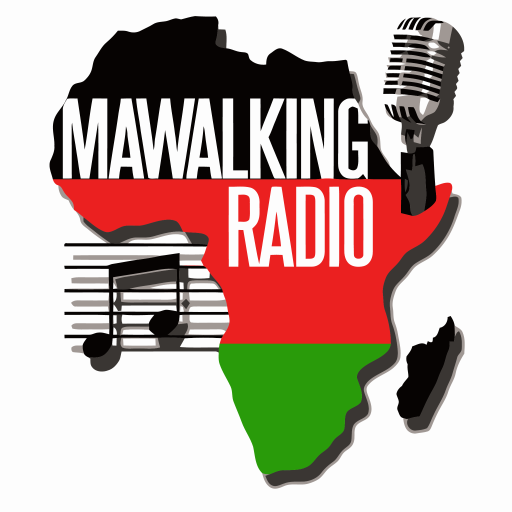
POWER OF MUSIC
Music is an art of sound in time that expresses ideas and emotions in varying forms through the elements of rhythm, melody, harmony, and color. the tones or sounds employed, occurring in single line (melody) or multiple lines (harmony), and sounded or to be sounded by one or more voices or instruments, or both.
Power of music?
Music can put your feelings at ease when you are sad, nervous or happy. Music also expresses your emotions very subconsciously. Some people when they are listening to music, they simply can’t resist their urge to dance to the rhythm of the beat. Music is powerful in many other ways that could take your feelings away.
Music is an important part of our life as it is a way of expressing our feelings as well as emotions. Some people consider music as a way to escape from the pain of life. It gives you relief and allows you to reduce the stress. Music is a powerful therapy that will calm you down and in the moment of joy, it will cheer you up. Furthermore, it develops the mind and boosts your self confidence. Music plays a more important role in our life than just being a source of entertainment. Music has played an important part in every human culture, both past and present. People around the world respond to music in a universal way. The interest in the effects of music on the brain has led to a new branch of research called “neuromusicology” ;which explores how the nervous system reacts to music. Playing, and even just listening to music can make you smarter, happier, healthier, and more productive at all stages of life.
Jesus never talked about music or songs, but in Matthew 26:30 he and his disciples “sang a hymn”. Jesus gave music a passing mention in the parable of the prodigal son (Luke 15:25). He heard some music in Matthew 9:23. But he never evaluated it positively or negatively.
What’s the impact of music on human beings?
There is evidence that music plays a large role in the emotional processes within the brain. An individual’s emotional state of mind can directly impact daily cognition and behavior. Studies have shown that music has the ability to regulate a wide range of both positive and negative emotions.
The relationship between man and music is a complex one. It is possible that these societies believed music possessed “magical” properties due to its unexplained yet observable influence on behavior. The brain seems to have a natural reaction to music, causing listeners to tap their toes, sing aloud, and dance around. However “magical” it may seem, there are clear connections between music, the mind, and behavior. In fact, utilizing the latest in neuroimaging technology, researchers are able to observe how the brain processes auditory information when under the influences of music. Parts of the brain that show an increased activity include areas such as the hypothalamus, responsible for maintaining stress hormones and the hippocampus, the area vital for emotion regulation.
Why do we love music?
We like music because it makes us feel good. Using magnetic resonance imaging, they showed that people listening to pleasurable music had activated brain regions called the limbic and paralimbic areas, which are connected to euphoric reward responses, like those we experience from sex, good food and addictive drugs.
The origin of music.
The origin of music is unknown as it occurred prior to recorded history. Some suggest that the origin of music likely stems from naturally occurring sounds and rhythms. Human music may echo these phenomena using patterns, repetition and tonality.
Importance of music to humans.
Music is a core human experience, and generative processes reflect cognitive capabilities. Music is often functional because it is something that can promote human well-being by facilitating human contact, human meaning, and human imagination of possibilities, tying it to our social instincts. Music is a core human experience and generative processes reflect cognitive capabilities. Music is often functional because it is something that can promote human well being by facilitating human contact, human meaning, and human imagination of possibilities, tying it to our social instincts. Cognitive systems also underlie musical performance and sensibilities. Music is one of those things that we do spontaneously, reflecting brain machinery linked to communicative functions, enlarged and diversified across a broad array of human activities.
Reflection.
Music cuts across diverse cognitive capabilities and resources, including numeracy, language, and space perception. In the same way, music intersects with cultural boundaries, facilitating our “social self” by linking our shared experiences and intentions. This article focuses on the intersection between the neuroscience of music, and human social functioning to illustrate the importance of music to human behaviours. Music is a fundamental part of our evolution, we probably sang before we spoke in syntactically guided sentences. Song is represented across animal worlds; birds and whales produce sounds, though not always melodic to our ears, but still rich in semantically communicative functions. Song is not surprisingly tied to a vast array of semiotics that pervade nature; calling attention to oneself, expanding oneself, selling oneself, deceiving others, reaching out to others and calling on others. The creative capability so inherent in music is a unique human trait.
I will share more of my thoughts in next weeks follow up to the “POWER OF MUSIC” please make sure to subscribe to Mawalking Radio so that you can get every post instantly, also keep on tuning to our online Mawalking Radio Station we always here 24/7, we will keep on entertaining you with more Afro-Fusion mix. Remember we are here because we want you to enjoy an interrupting mix and less talks. During this Novel Coronavirus(2019-nCoV) pandemic allow us to entertain you with only one touch on your mobile phone, tablet, or Desktop.





